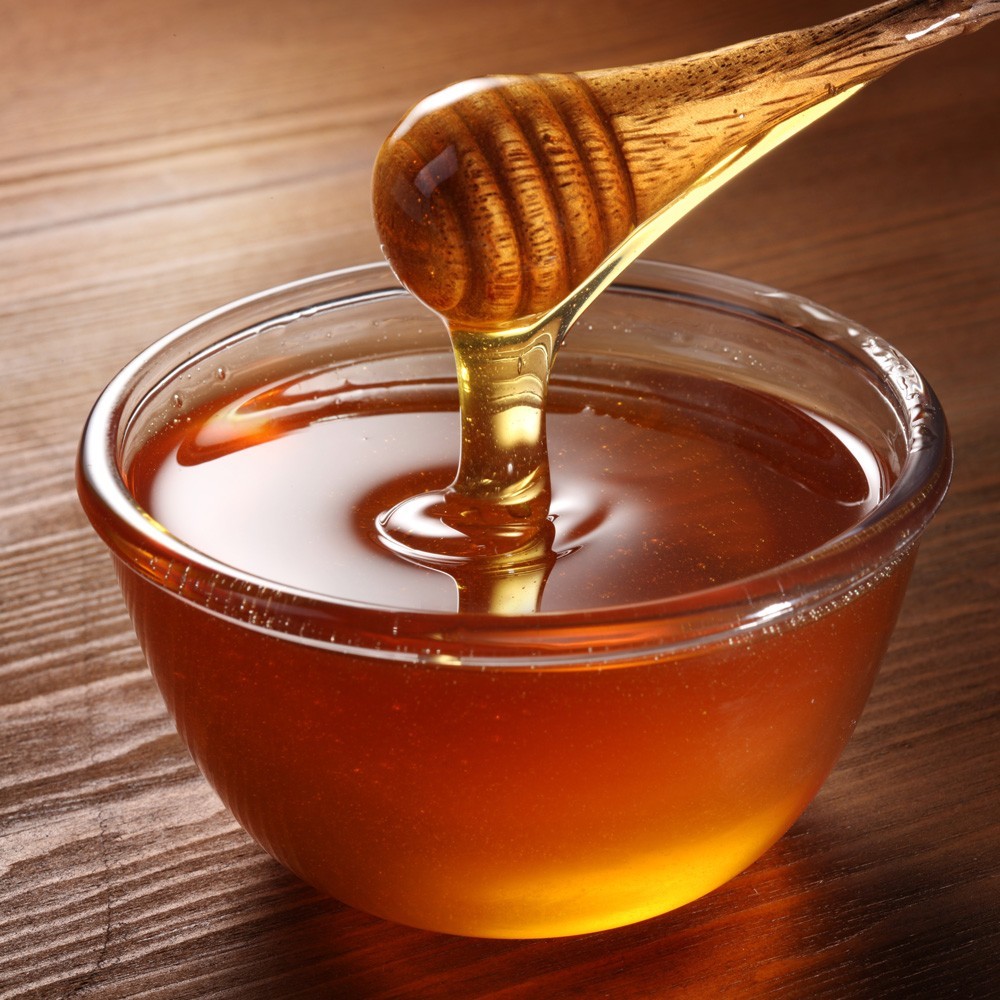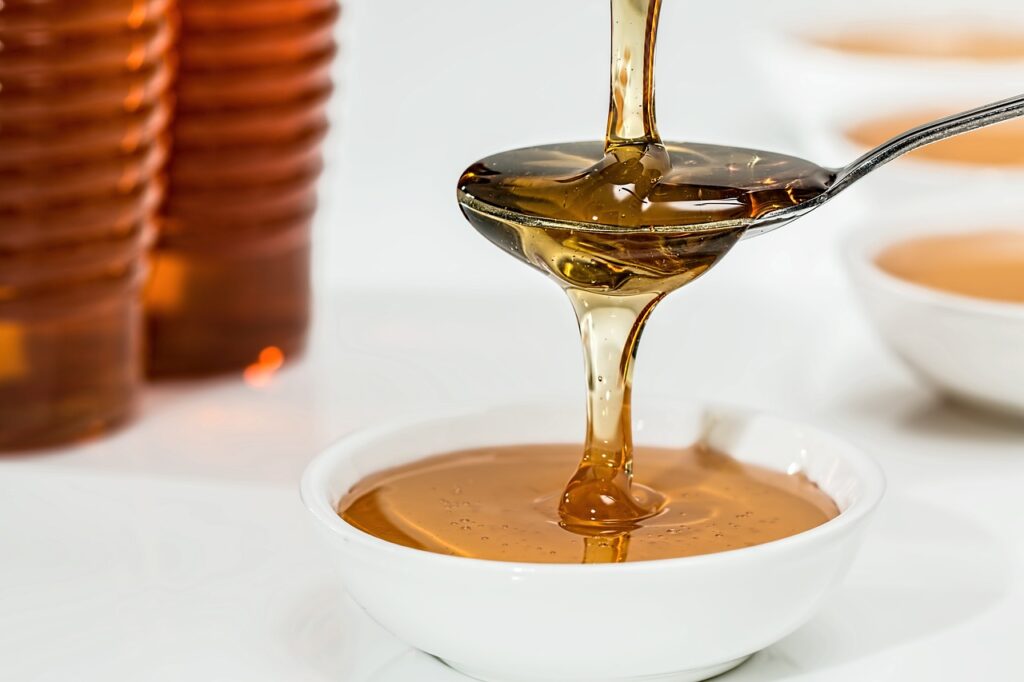According to research conducted by the University of California, the reason why pure honey lasts a long time is due to its extremely low moisture content. This lack of moisture makes it impossible for bacteria to grow or survive in it, which is why honey does not spoil for a significant period. The study also revealed that if honey does spoil, it may be due to adulteration of some kind.
Many people with diabetes view sugar as their biggest enemy and, as a result, turn to alternatives like honey or jaggery to sweeten their tea or desserts. But are these alternatives actually healthy? In this article, we will explore whether honey is a good addition to a diabetic’s diet.
Diabetes is a metabolic disorder, and managing it requires strict dietary restrictions and physical activity. According to a consultant in endocrinology, our food is primarily made up of three major macronutrients: carbohydrates, fats, and proteins. One of the most critical steps in dietary management of diabetes is carbohydrate restriction.

Is honey really healthy for diabetics?
Honey contains more fructose than glucose, whereas white sugar contains equal parts of both types of sugar. Honey also has a higher carbohydrate content than white sugar for the same amount (1 tablespoon). However, honey has a lower glycemic peak than white sugar, and you may need less honey to achieve the same level of sweetness, which means your blood sugar may not increase as much. There is some evidence that using honey in small amounts may help improve cholesterol levels due to its antioxidant content, which may be beneficial for people with diabetes. Nevertheless, further extensive research is required before doctors can recommend switching from white sugar to honey. Therefore, it is essential to consume honey in small amounts and monitor blood sugar levels carefully.
In conclusion, it’s crucial to be mindful of what and how much you eat, and until there is a conclusive report on honey, it’s best to limit consumption to small quantities.

